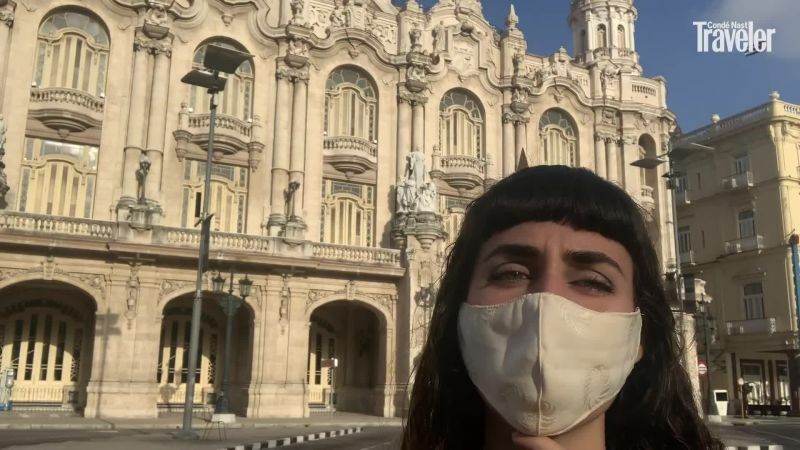
Conde Nest Traveler reports:
On Inauguration Day, President Joe Biden signed the Proclamation on Ending Discriminatory Bans on Entry to the United States, overturning former President Donald Trump’s 2017 “Muslim ban.” The executive order, which prompted protests across the U.S., had banned foreign nationals from Muslim-majority countries including Sudan, Syria, Yemen, Iraq, Libya, Iran, and Somalia. (Chad, North Korea, and Venezuela were later added.) It sent a stark message of discrimination to not only Muslim Americans, but Muslims around the world, many of whom found themselves separated from family members and loved ones.
Conde Nest spoke to three Muslim travelers about how the ban impacted them:
Fahima Abdi is a Somali stay-at-home mother based in London
“My family and I were refugees that escaped from war, so we created a life that we thought would be better and have traveled the globe. However, with my husband being American and my daughter having dual citizenship, the Muslim ban was a constant stress…. I like that the ban has been lifted, but I don’t feel comfortable traveling to the U.S., even post-COVID, which is sad because my daughter has an entire family there.”
Kayem Muammer is a Libyan-American hip-hop artist
“While I personally have a U.S. passport, the Muslim ban affected me both personally and professionally… I had been placed on the ‘No Fly List’ for years prior to the ban [and] although I was never given any actual reason for being on the list, there was one common thread I noticed between me and the dozen or so friends who I knew were also on it. We were all first-generation Americans with parents from Libya… In 2020, I remember how undignified it felt to be pulled off of an airplane in Detroit—during a time when I was perpetually getting ‘SSSS’ on my passport, or ‘Secondary Security Selectee Status,’ a designation given to anyone deemed as a potential ‘threat’ to National Security… That was just one instance of countless times where I felt the ramifications of the Muslim ban. However, I know friends who were impacted even more directly. The Muslim ban caused fragmented family situations all over the globe. I’m relieved that it is finally lifted, but it may be too little too late for many of the lives affected.”
Fareedah Shaheed, a tech entrepreneur based in Maryland, was raised in Saudi Arabia and the U.S.
“As someone who has traveled and lived outside of the U.S., the Muslim ban made me feel extremely uncomfortable in a place that everyone should definitely feel welcomed in. Having the ban lifted means a lot to me. It lets me know that we are making strides to be a country that feels safe for someone like me who loves to travel, loves to cross borders.”



